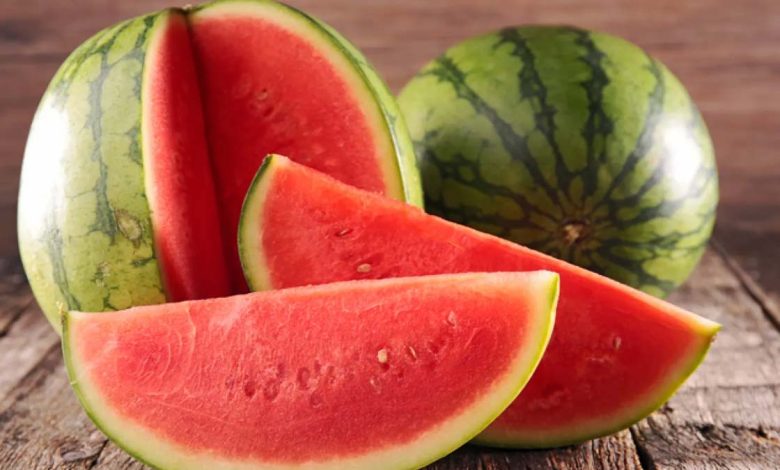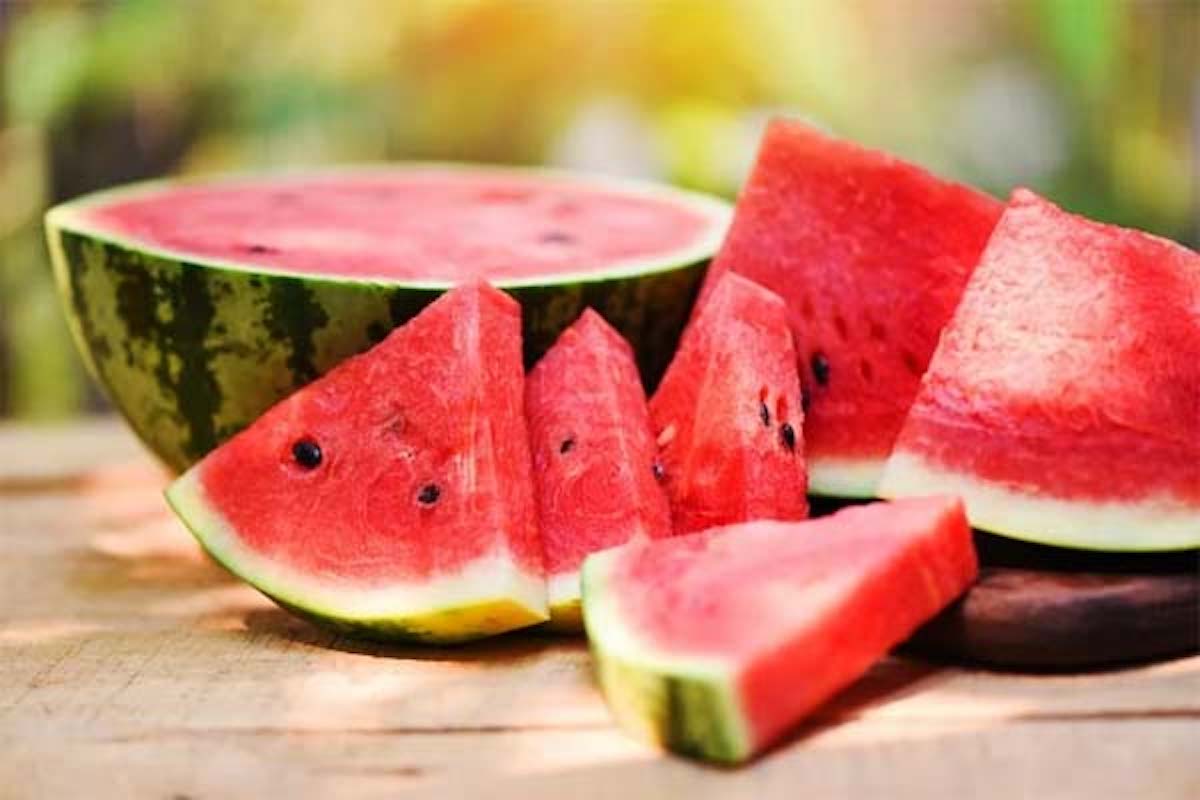6 Serious Side Effects of Eating Watermelon Every Day

Side Effects of Eating Watermelon: Watermelon is a tasty and nutritious fruit but it is possible, though rare, to have reactions to it that can negatively affect your health. Eating watermelon for a weight loss or cleansing diet could make it more likely that you could encounter potential side effects, though even small amounts of a food that you are sensitive to can cause a reaction.
1. Digestive Problems
Watermelon is generally a healthy food, but it is high in fructose. Fructose is a sugar that can cause digestive issues, particularly in people who have conditions like irritable bowel syndrome (IBS) or who are fructose intolerant. In rare cases, eating watermelon if you are fructose intolerant could lead to kidney or liver damage.
You can have uncomfortable gastrointestinal symptoms when eating watermelon, including:
Bloating
Constipation
Diarrhea
Stomach pain
2. Potassium Overload
Side Effects of Eating Watermelon, Watermelon has a high level of potassium, at 170 milligrams (mg) per cup, diced. Potassium is important for heart health, but too much of the mineral can cause ill effects in some people, including those on medications for kidney disease or heart conditions.
In some instances, excess potassium could lead to a condition called hyperkalemia, which can severely disrupt heart rhythm and require emergency treatment. It can also cause muscle weakness and paralysis. People with type 1 diabetes, low adrenal hormones, or heart failure may also be susceptible to reactions to high potassium levels.

3. Blood Sugar Spike
Watermelon has a high glycemic index, which measures how fast food raises your blood sugar. Its glycemic index is between 74 and 80 on a scale of 100.
It is possible that eating large amounts of watermelon could spike blood sugar levels, though the glycemic load, which is a more detailed estimate of the rise in blood sugar, is low, at 8 out of 20 or above. Watermelon can be a safe choice for people with diabetes, but it should be eaten in moderation.
4. Severe Allergic Reaction
Although rare, it is possible to have an allergic reaction to watermelon, particularly among individuals with allergies to grasses or ragweed. It can even lead to an anaphylactic response, a life-threatening severe reaction that can cause swelling and difficulty breathing.
Side Effects of Eating Watermelon, In one case, an 11-year-old boy was hospitalized multiple times with anaphylaxis, including after eating watermelon seeds. The seeds are generally safe for most people to eat.
5. Migraine Headaches
Watermelon contains a high level of tyramine, an amino acid (building block of protein) that can trigger migraine headaches. One study of nearly 4,000 people ranked watermelon at the top of a list of nine fruits that led to headaches within minutes of eating them. About 30% of those participating developing headaches.
6. Skin Discoloration
Lycopenemia is a condition that causes your skin to take on a temporary orange tint. It develops from eating foods rich in carotenoids, one of which is called lycopene. Watermelon is high in lycopene, which is an antioxidant that is good for health, unless you eat it in excess.
Eating a lot of food high in lycopene can, in rare instances, discolor the outer layers of your skin. The condition is not dangerous and will go away when the amount of lycopene in your diet is reduced.

How Much Watermelon Can You Eat?
Watermelon is generally a healthy food choice, so if you tolerate it well, you can eat it often. The recommended daily allowance for fruit is 1.5 to 2 cups (c) a day. Watermelon is about 92% water, so it can also help you stay hydrated. Reasonable amounts of the fruit can even benefit heart health.
Watermelon is low in some essential nutrients, including protein, vitamin E, and certain B vitamins.5 Eating only one type of food can lead to nutritional imbalances and even malnutrition.
Side Effects of Eating Watermelon, You may lose weight on a “watermelon diet,” because it’s low in calories, but it does not provide balanced nutrition. Health benefits of fad diets, including detox and cleansing diets, are not substantiated, and involve risks due to their extreme nature.
Key Takeaways
Eating watermelon is generally safe in moderation, but some people could experience digestive issues, migraine headaches, or an allergic reaction.
Watermelon can aid in weight loss because it’s a low-calorie food; however, it cannot provide all the nutrients your body needs.
There is no scientific evidence to support the benefits of cleansing and detox diets in general.
Also Read:
Eating Broccoli May Have a Surprising Benefit for Your Hormones
What happens when you drink garlic, ginger and lemon water every day?
5 monsoon hydration tips that you should know to prevent dehydration




